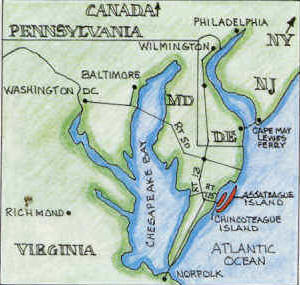[flv]http://www.phillipdampier.com/video/Anti-Cable Pay TV Ad from the 70’s.flv[/flv]
I ran across this “public service announcement” about the perils of cable television coming from the over-the-air broadcasters terrified of the implications of a new concept in television delivery — coaxial cable.
Back in the 1960s and early 1970s, big lobby dollars from broadcasters kept a foot on the throat of the newly-born cable television industry, prohibiting them from showing sporting events, movies and programs offered in syndication, unless they were from local stations of course.
To allow this new competitor to gain access to lucrative programming would cost local jobs, hurt investment in television stations providing local community service, and ruin it for everyone!
Ironically, broadcasters are still using these arguments when confronting intransigent cable companies that won’t write checks to pay those “free TV stations” for the right to carry them on the cable lineup.
Whenever a new player enters the marketplace, the existing ones panic. That’s why the National Broadband Plan, Net Neutrality, and the concept of open networks terrifies incumbent players. It’s a whole new world — one they aren’t comfortable with — market instability and players out of their comfort zones always invoke a fear-based response, especially on Wall Street.
Forty years after the pay television monster envisioned in this advertisement, we are still watching local over-the-air broadcasters. In fact, the only harm viewers have experienced comes from an industry that treats local TV stations like commodities, bought and sold for millions of dollars, even as many stations cut local programming and community service. These days, it’s not uncommon to find a major local affiliate not even producing a newscast any longer.
We now face another transformation in telecommunications with the release of a national blueprint for improved broadband. Existing players have no problem with it, as long as they define it, benefit from it and get to implement it. But the idea of opening their networks and providing consumers with additional choice, as well as protection from meddling providers who want to monetize all-things-Internet, just cannot be entertained. To do so would … you know, cost jobs, harm investment, and ruin it for everyone.
Much like a broken record, this rhetoric is obsolete.


 Subscribe
Subscribe





